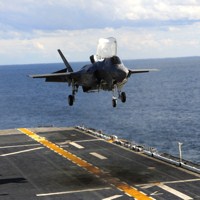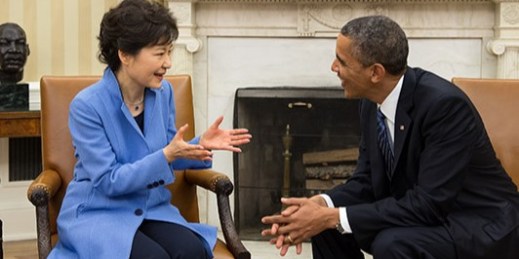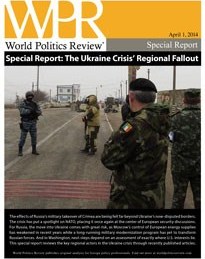
The South Korean Ministry of Defense recently made the official announcement that it will purchase the F-35 fighter jet as part of an ambitious plan to modernize the country’s air defenses. Japan also plans to purchase the F-35, meaning that the two countries most central to the Obama administration’s Asia rebalance will be using the same platform. This is good news for a fighter that has become the most expensive defense acquisition program in history. Although the U.S. Air Force has consistently maintained the importance of the F-35—and continues to robustly fund it under the recent fiscal year 2015 budget […]




